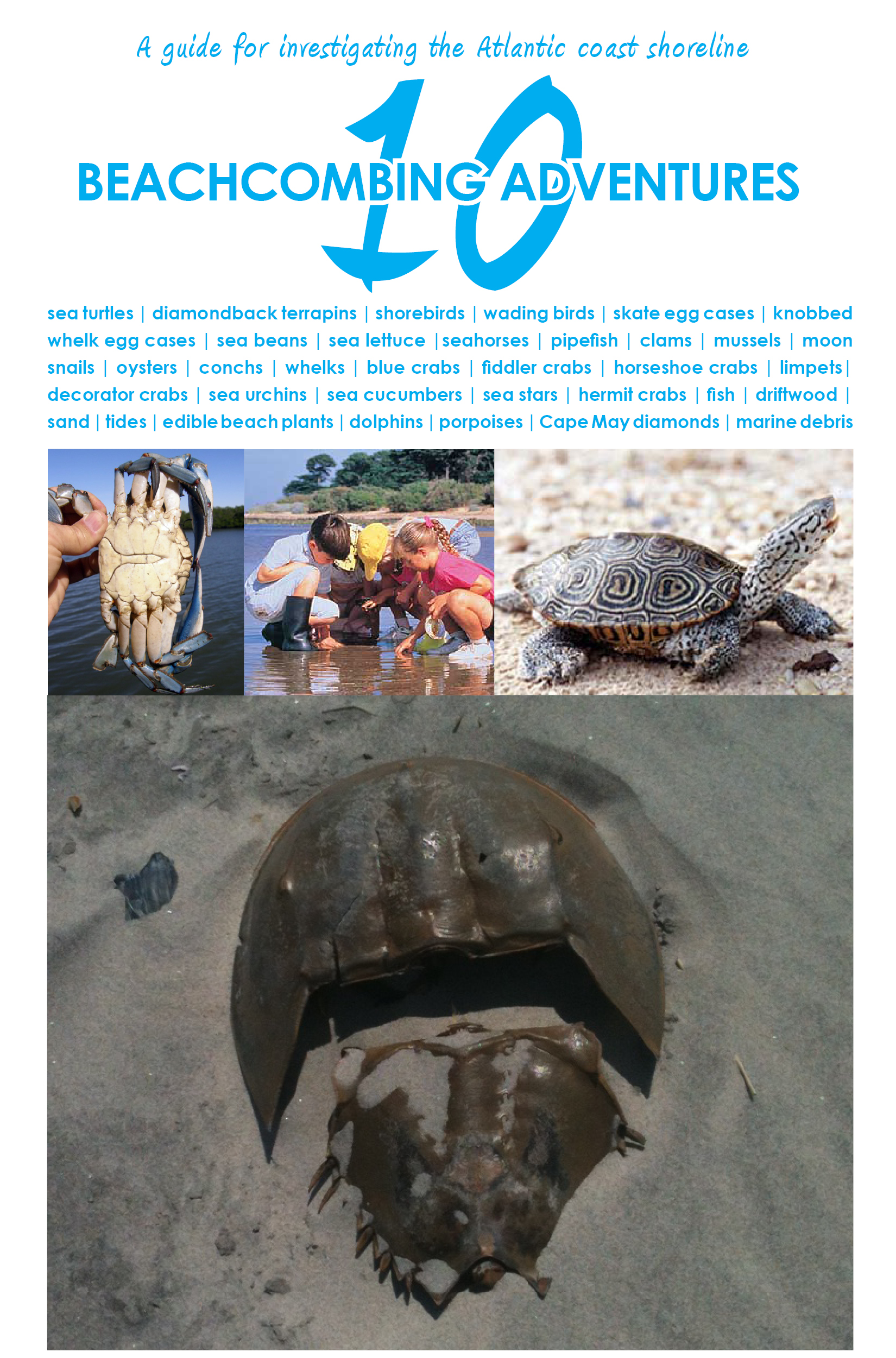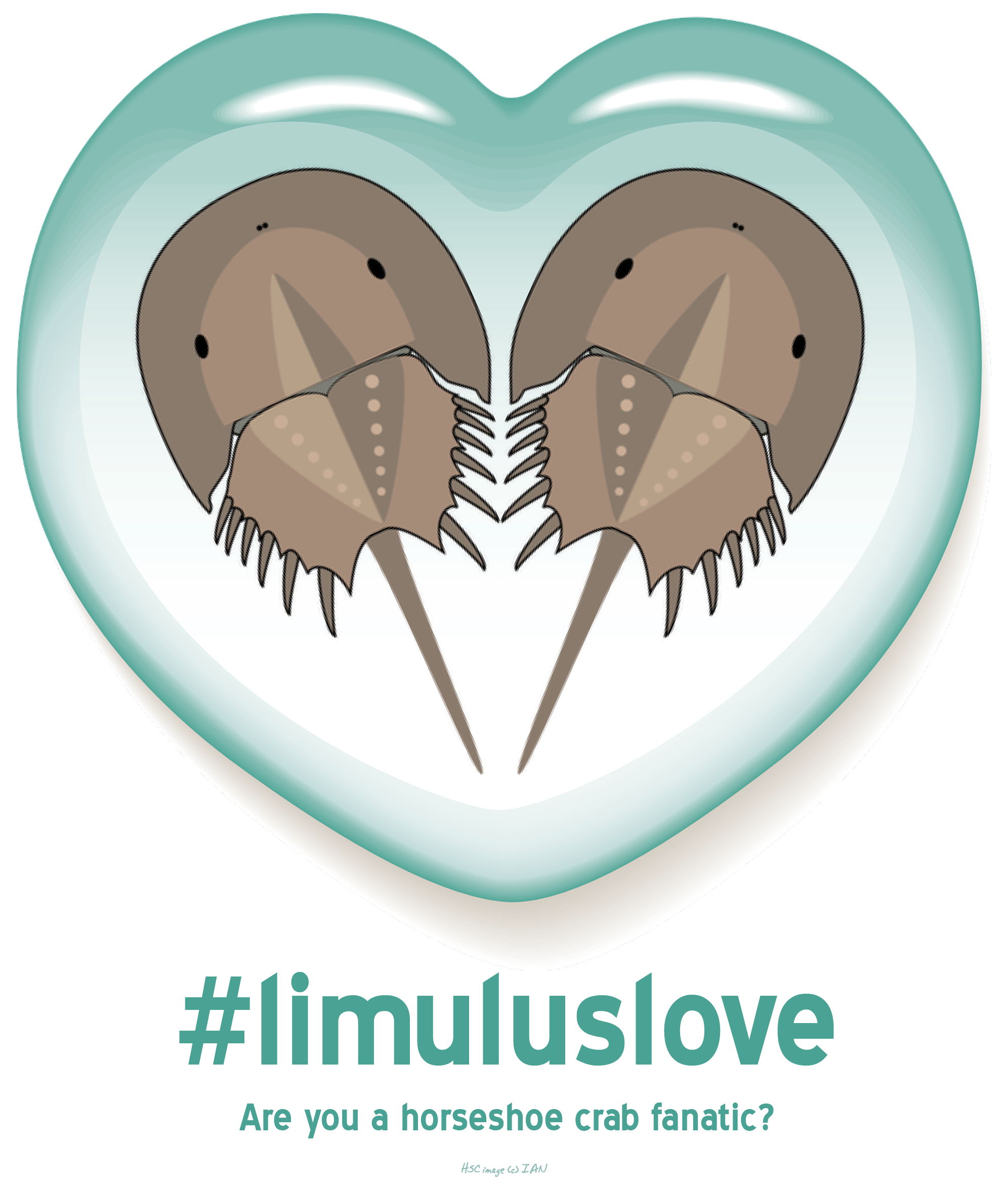 Recently, a subscriber wanted to learn more about skates. Great question since many of us think of ‘roller’ when we think ‘skate’. Skates are a species that often get overshadowed by rays, especially considering rays tend to be boldly colored while skates tend to be rather dreary and drab in coloration. Rays are also found closer to the coast and skates prefer deep water so we may be more familiar with running into (or focused on learning to avoid) rays. However, there are exceptions to those generalizations within the 100 species of skates and 240 species of rays found worldwide.
Recently, a subscriber wanted to learn more about skates. Great question since many of us think of ‘roller’ when we think ‘skate’. Skates are a species that often get overshadowed by rays, especially considering rays tend to be boldly colored while skates tend to be rather dreary and drab in coloration. Rays are also found closer to the coast and skates prefer deep water so we may be more familiar with running into (or focused on learning to avoid) rays. However, there are exceptions to those generalizations within the 100 species of skates and 240 species of rays found worldwide.
They’re both flat diamond-shaped fish with their mouths on the underside of their body. Both of their body types can be described as dorsoventral. Skates and rays are cartilaginous fish, like sharks and chimaera, which all make up the class Chondrichthyes (Con-drick-thees). Cartilage is the material that makes up our nose and ears and is more flexible than bone. Skates and rays have modified fins, resembling wings, and often look as though they are flying through the ocean.
Here are six general guidelines for differentiating a skates and rays.
- The pelvic fin of skates is divided into two lobes, while the pelvic fin of rays is a single lobe.
- The tail on skates lacks a stinging spine. Rays have a distinct, saw-edged spine found midway along their body length. (When swimming in the habitat of stingrays it is important to remember to do the ‘stingray shuffle‘.)
- Many species of skates have bucklers (thorn-like scales along the mid-line of their back and tail. Rays typically have no bucklers.
- The tail of skates is rather thick and compact, while rays typically have a slender and long tail.
- Male skates have enlarged scales near their eyes and wingtips, known as ‘malar’ and ‘alar’ spines. Male rays do not have these scales.
- Skates live in cold waters, while rays prefer warm seas and rivers.
For more information about skates and rays, check out the ReefQuest Centre for Shark Research.
Photo (c) www.animals.howstuffworks.com







Speak Your Mind